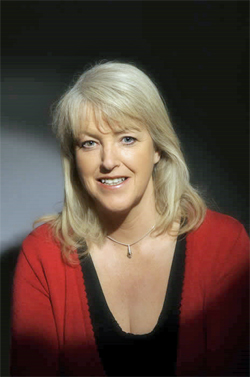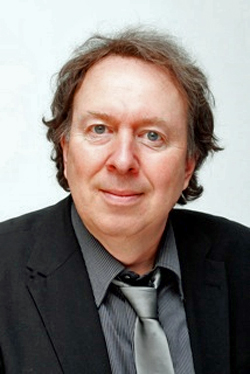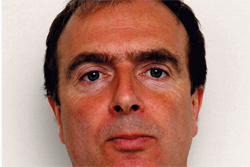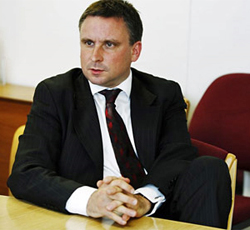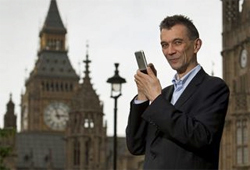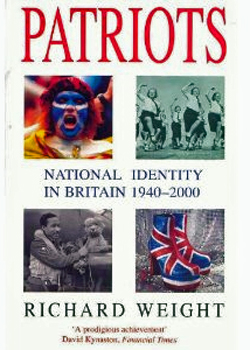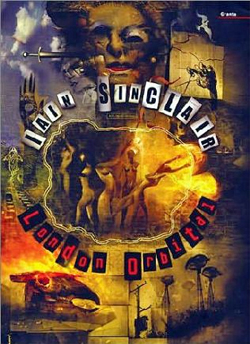Posted on March 30, 2011 by Eric Blair - Long lists, Short lists
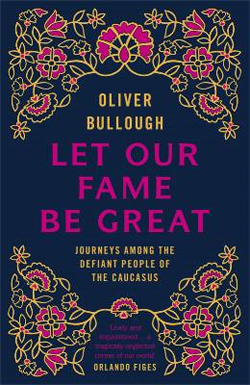
The Caucasus mountains form Russia’s southern border and run from the Crimea to the Caspian Sea. Their jagged white peaks inspired Pushkin and Lermontov, overshadowed decades of guerrilla warfare and were explored by 19th century British mountaineers, but the region is better known to us now (if it is at all) for the struggle in Chechnya and the 2008 summer war between Georgia and Russia over South Ossetia.
In Let Our Fame Be Great Oliver Bullough takes the reader through Eastern Europe, Central Asia, Turkey and the Middle East, tracking down the nations dispersed by the brutal wars Russia fought to add these mountains to its empire. Then he journeys through the North Caucasus itself, telling the stories of the land and its peoples. Many of the events he uncovers have never been described in English, while some have never been written about in any language.
Let Our Fame Be Great recounts the struggle and survival of peoples who have been mostly forgotten for two hundred years. Their fame is not great, but truly it deserves to be.


